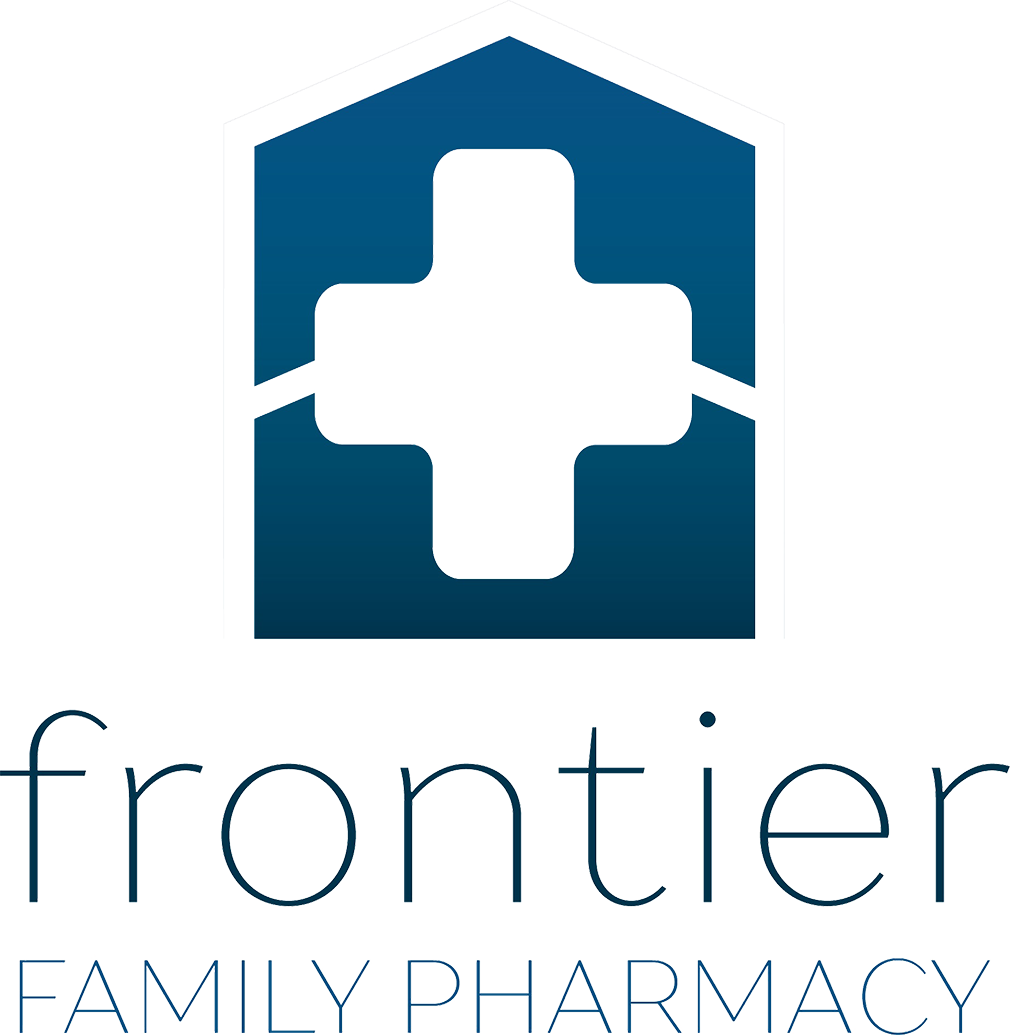

Contents
Common use
Atenolol is a cardioselective beta-blocker that is primarily used to address cardiovascular disorders. It helps lower elevated blood pressure, alleviates angina (chest pain), and contributes to improved survival following heart attacks.
By decreasing the heart rate and reducing the heart's workload, Atenolol lessens the oxygen demand of the cardiac muscle. It is also prescribed for managing irregular heart rhythms and, off-label, for conditions such as anxiety, migraines, and thyroid-related heart symptoms.
This medication is often chosen for individuals with asthma or chronic lung issues because of its selective action on heart-specific beta receptors, though caution is still necessary.
Dosage and direction
Atenolol is administered orally, typically once per day, with or without meals. The starting dose is generally 25-50 mg, with possible adjustments up to 100 mg based on individual treatment goals.
It is crucial to take the tablet at the same time daily. Discontinuing Atenolol abruptly can lead to worsening symptoms, including chest pain and heart rhythm changes.
Your doctor may recommend regular monitoring of heart rate and blood pressure during the initial phase of treatment to ensure safety and effectiveness.
Precautions
Before beginning Atenolol therapy, inform your physician if you have a history of respiratory conditions like asthma, diabetes, impaired kidney function, circulation disorders, or thyroid imbalance.
Atenolol may obscure typical signs of low blood sugar in diabetic patients, such as rapid heartbeat, so frequent glucose checks are advisable.
The drug can cause fatigue, dizziness, or cold hands and feet. To avoid lightheadedness, especially when standing up quickly, move gradually from sitting or lying positions.
Be sure to notify your healthcare provider ahead of any scheduled surgery, as this medication may affect anesthesia response.
Contraindications
Atenolol must not be used in individuals with conditions like very slow heart rate (bradycardia), second- or third-degree heart block, cardiogenic shock, or acute heart failure not under control.
It is also unsuitable for patients with known allergies to atenolol or related ingredients. Although considered safer for asthma patients than other beta-blockers, it should still be prescribed carefully to those with respiratory diseases due to potential bronchospasm.
Possible side effects
Common adverse effects associated with Atenolol may include lethargy, low energy levels, mood changes such as depression, and a feeling of coldness in the extremities due to reduced circulation.
More serious but less frequent reactions include loss of consciousness, discolored fingers or toes, swelling in the lower limbs, and breathing difficulties.
Allergic reactions such as skin rash, itching, or facial swelling are rare but possible.
Seek urgent medical care if you experience severe bradycardia, confusion, chest discomfort, or fainting episodes.
Drug interactions
Atenolol can interact with various medications, including:
Calcium channel blockers (e.g., verapamil or diltiazem)
Digitalis drugs like digoxin
Diabetes medications (insulin or oral hypoglycemics)
Nonsteroidal anti-inflammatory drugs (NSAIDs) like ibuprofen
Clonidine (especially during withdrawal)
Provide your healthcare provider with a full list of all prescription, over-the-counter, and herbal supplements to avoid harmful interactions.
Missed dose
If you happen to skip a dose, take it as soon as you remember. However, if it is already close to the time for your next scheduled dose, omit the missed one. Do not take two doses at once to compensate.
Overdose
Signs that may suggest an Atenolol overdose include excessive slowing of the heart rate, trouble breathing, blue-tinted fingers or lips, dizziness, or even seizures.
If overdose is suspected, seek emergency medical assistance without delay.
Storage
Store Atenolol in a dry place at standard room temperature (68° - 77°F / 20° - 25°C). Keep it away from humidity and direct sunlight, and avoid storage in the bathroom.
Make sure the container is sealed tightly and placed out of the reach of children and pets.
U.S. Sale and Prescription Policy
In the United States, Atenolol is classified as a prescription drug and is subject to regulation by the FDA. It is usually dispensed by pharmacies only upon receiving a prescription from a licensed medical professional.
Doctors typically prescribe Atenolol for patients with chronic cardiovascular conditions, and prescriptions are often renewed after routine check-ups. Some telemedicine platforms can also provide access after a remote evaluation.
Nonetheless, Frontier Family Pharmacy offers a legitimate and structured process for acquiring Atenolol without a standard prescription. This service is available under specific eligibility requirements and follows a responsible access protocol. Although not permitted in every U.S. state, it can be a convenient and compliant solution for many patients.
Even when acquired without a conventional prescription, continued medical supervision is strongly advised to ensure patient safety and to manage long-term therapy effectively.